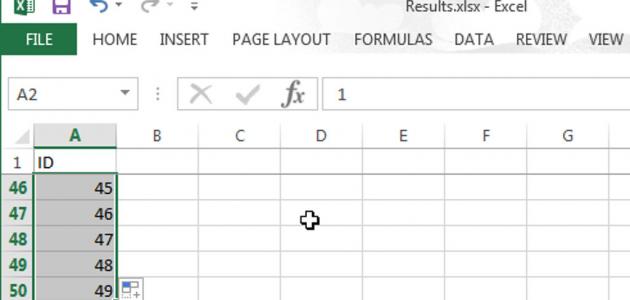Electronic encyclopedias
There have appeared and many electronic encyclopedias on the Internet, and among the most prominent of these encyclopedias, we mention them in the following list:
- Answers.com.
- Britannica.
- Catholic Encyclopedia.
- Columbia Encyclopedia.
- Computer Desktop Encyclopedia.
- Encyclopedia of Life.
- Encyclopedia of Philosophy.
- Encyclopedia of Symbols.
- Encyclopedia Smithsonian.
- Europeana.
- How Stuff Works.
- The Medline Medical Encyclopedia (by ADAM).
- Reference.com.
- Stanford Encyclopedia of Philosophy.
- Wikipedia.
- World Book Encyclopedia.
- World Digital Library.
Encyclopedia definition
The encyclopedia is a reference that contains information related to all branches and different types of knowledge, and it may specialize in a specific scientific field and deals with its study according to the principle of comparative science. In the beginning, its concept was indicative of the integrated system of education, and encyclopedias were called in some times the term dictionary until our present time among some people, although it is a name that does not match its concept. Looking at the history of encyclopedias, we find that the Encyclopedia of the Great Mirror is considered one of the greatest encyclopedias throughout history, which was completed Work on it in 2000 AD, when its French writer Vincent intended to prove what the world really is and what it should be, and the Catalan philosopher and researcher Ramon Lol in the thirteenth century worked on his encyclopedia and took into account the matters of language and its rules and considered it a tool to establish the truth, which encyclopedias have not witnessed since the era Roman i.e. an alphabetical arrangement of its contents. Rather, it relied on topics of importance to come to the fore, such as space sciences and geography. Arts and literature came at the end. Ha.
Read also:Play YouTube on your computerTypes of encyclopedias
There are many types of encyclopedias, including:
- Encyclopedias of general information: Covering a wide range of topics in the form of short articles written by experts, the information contained in these volumes has limited depth but provides enough data for the reader to search in greater depth.
- Electronic encyclopedias: People currently live in a digital world in which information is available to everyone, and things change very quickly, so many encyclopedias have moved their print editions to the Internet while retaining editorial staff and contributors who are experts in their fields. Online knowledge bases allow students and teachers to quickly access information, regardless of No matter where they are connected to the Internet.









